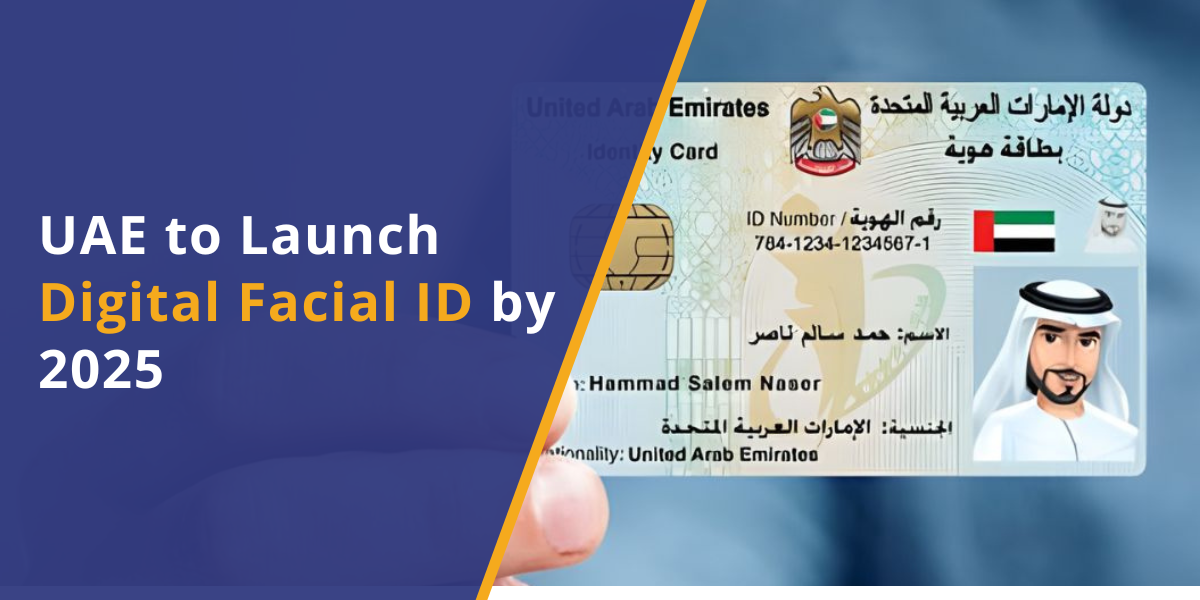
The United Arab Emirates is set to retire physical Emirates ID cards, making way for a cutting-edge biometric identification system that will digitally verify residents’ identities through facial recognition and artificial intelligence. The initiative, led by the Federal Authority for Identity, Citizenship, Customs and Port Security (ICP), is expected to be fully implemented across vital sectors within the next year.
Facial Recognition to Simplify Identity Verification
In partnership with key stakeholders, the ICP has successfully developed a high-accuracy biometric system accessible via smart devices. The system utilizes facial scans and advanced AI to identify users without the need for physical ID cards. It is already partially integrated into government apps like UAEPASS, allowing residents and citizens to digitally access various services and official documents.
Initially piloted through basic service integrations, the transition is moving into more advanced stages. The system is designed to uphold national data privacy regulations while ensuring identity verification is fast, accurate, and secure.
Sectors Set for Transformation
The biometric verification framework will be adopted across multiple industries including:
- Financial Services: Streamlined banking transactions
- Healthcare: Seamless patient registration
- Telecommunications: Faster onboarding and service modifications
- Hospitality: Instant hotel check-ins
- Insurance & Government Services: Reduced paperwork and wait times
These upgrades will significantly reduce reliance on physical documentation, aligning with the UAE’s broader smart governance agenda.
“There is a strong need to remove identity-based friction from essential services,” Al Hammadi emphasized during the FNC session.
This initiative is part of a larger reform strategy launched in August 2024 titled the “Government Bureaucracy Elimination Plan.” A month-long campaign was conducted across all Emirates to collect public feedback on outdated processes and explore digital alternatives.
A highlight of this campaign was the launch of the Bureaucracy Elimination Award, encouraging citizens, employees, and partners to submit proposals aimed at simplifying workflows and improving service delivery.
Data Security and Future Implications
While digitization offers speed and convenience, the ICP has emphasized compliance with stringent cybersecurity and privacy standards. Collaboration with private and public partners is ongoing to ensure secure, scalable deployment.
Residents are encouraged to download the UAEPASS app, which serves as the gateway to this digital identity system. Through it, users can already access an electronic version of their Emirates ID, making the physical card increasingly redundant.
With the final rollout expected by early 2026, the shift to biometric identification places the UAE at the forefront of global digital governance. The move promises not only improved efficiency in service delivery but also greater public confidence in secure digital interactions.
As the nation steps deeper into an AI-driven future, the transition to facial recognition-based identity verification is more than a technological upgrade—it is a strategic reimagining of how citizens connect with their government and essential services.
For more official information, please visit the ICP official portal or the UAEPASS for secure digital identity access.
